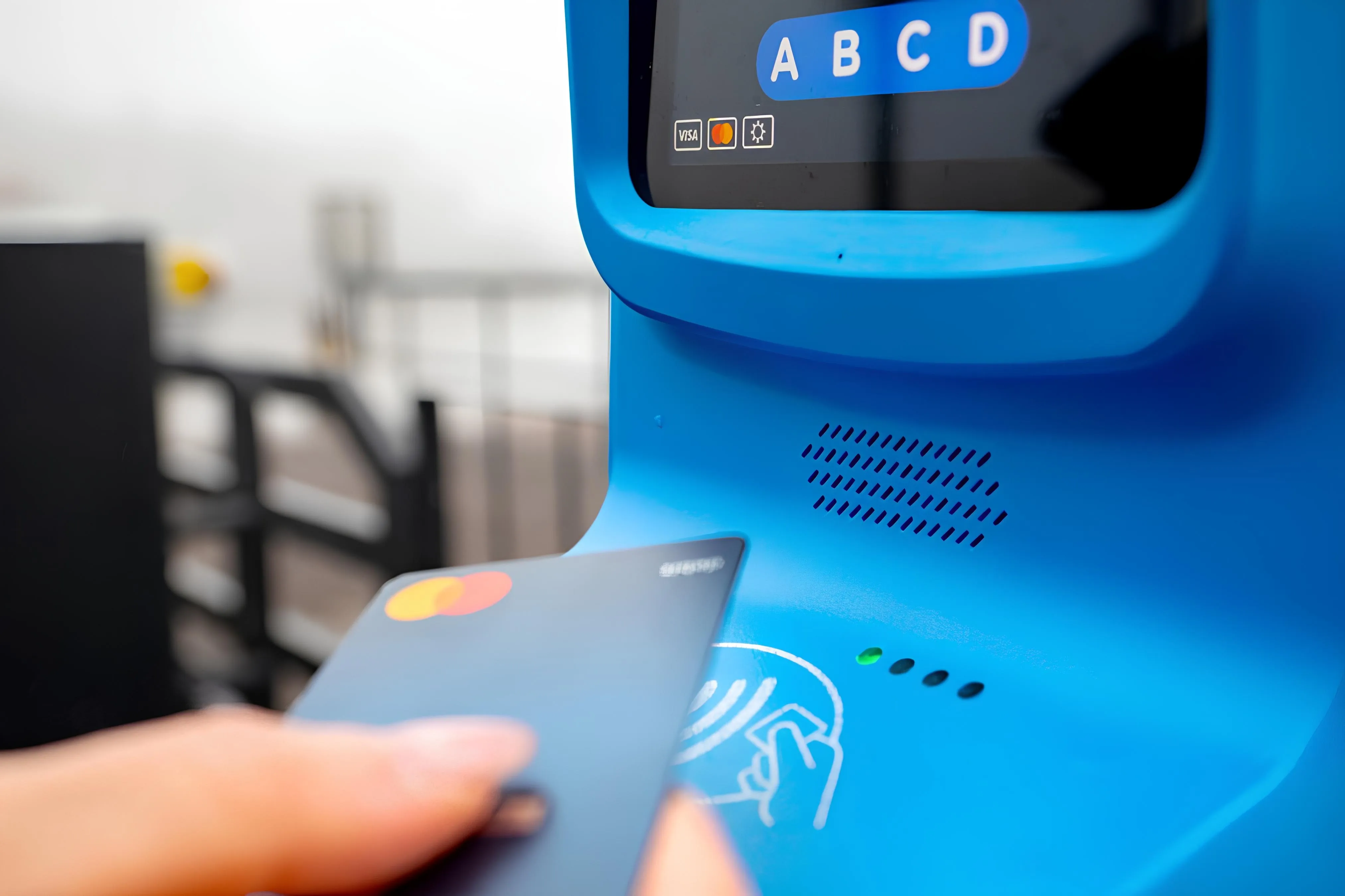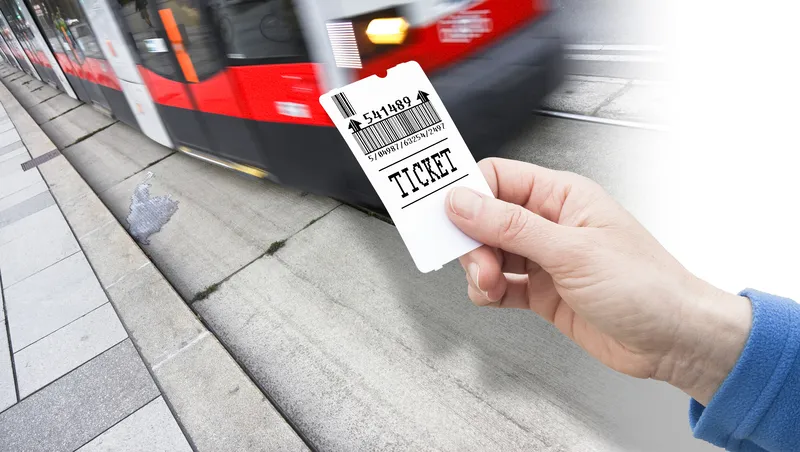
Helsinki Regional Transport Authority (HSL) has extended its contactless payment pilot to trams as part of a gradual roll-out.
HSL is introducing contactless payment in the Finnish capital one mode of transport at a time, starting on the Suomenlinna ferry at the end of January.
In February, it was extended to include metro stations and will eventually include commuter trains and orange trunk route buses - although not yet the city's blue buses, because their card readers are not yet enabled.
It means riders can now use contactless payment - with Visa or Mastercard, Google Pay or Apple Pay - to buy adult single tickets on trams, at all Metro stations, and at card readers located at the Market Square, Katajanokka and Suomenlinna ferry piers.
There is no physical ticket - the debit/credit card or phone payment app is simply presented to ticket inspectors when required.
There will be 4,000 new contactless payment terminals across the modes; as part of this overhaul of its payments system, HSL has enlisted ReceiptHero to supply its digital receipt service.
It is aimed at business customers using corporate payment cards when commuting on local public transport: they can now receive digital receipts in real-time, making expense reporting fast and hassle-free.
This integration was made possible by transit payment processing specialist Littlepay, ensuring that each journey is automatically captured and sent to major expense platforms, including SEB Eurocard, Nordea First Card, Visma, Zevoy, Bezala, and Etasku.
Milla Wiksten, HSL head of unit/markets, says: “By partnering with ReceiptHero, we offer business travellers a seamless, efficient way to manage their expenses, reflecting our dedication to innovation and customer satisfaction."
The agency already offers HSL Commuter Benefit, an employer-subsidised commuter ticket for journeys between home and workplace, which is tax-free up to €3,400 per year to the individual, and has tax advantages to the company.
The contactless move aligns with the Finnish Treasury's Real-Time Economy project, which encourages the shift to eReceipts and promotes the transition toward a digitally-connected economy.









